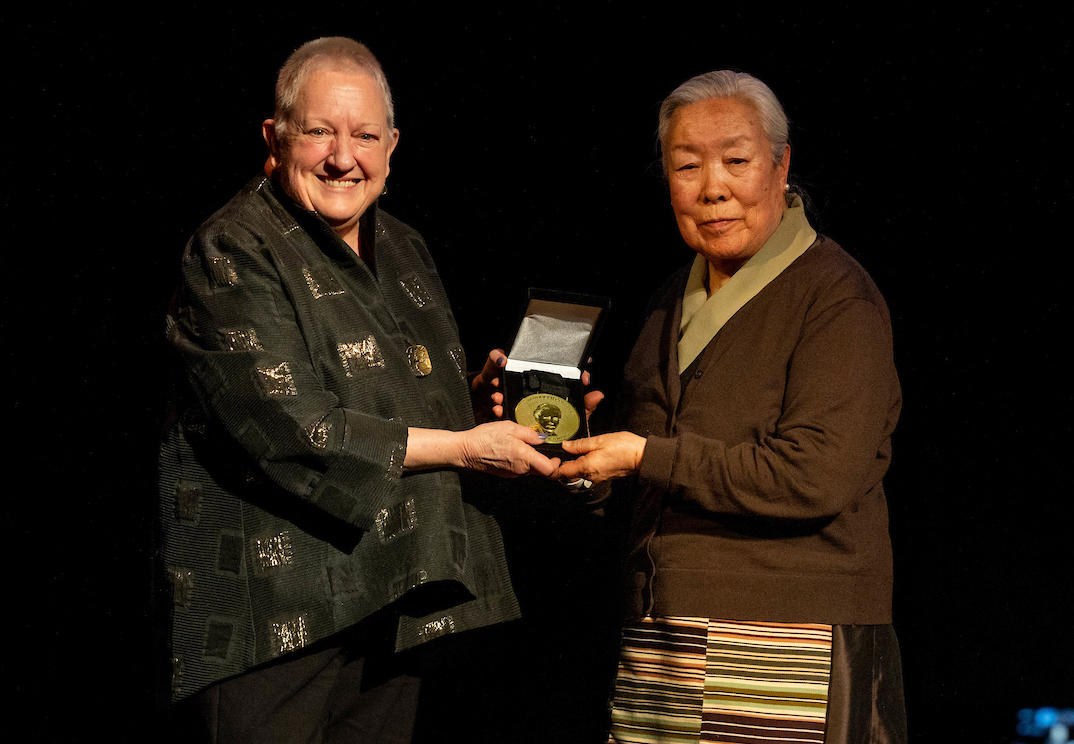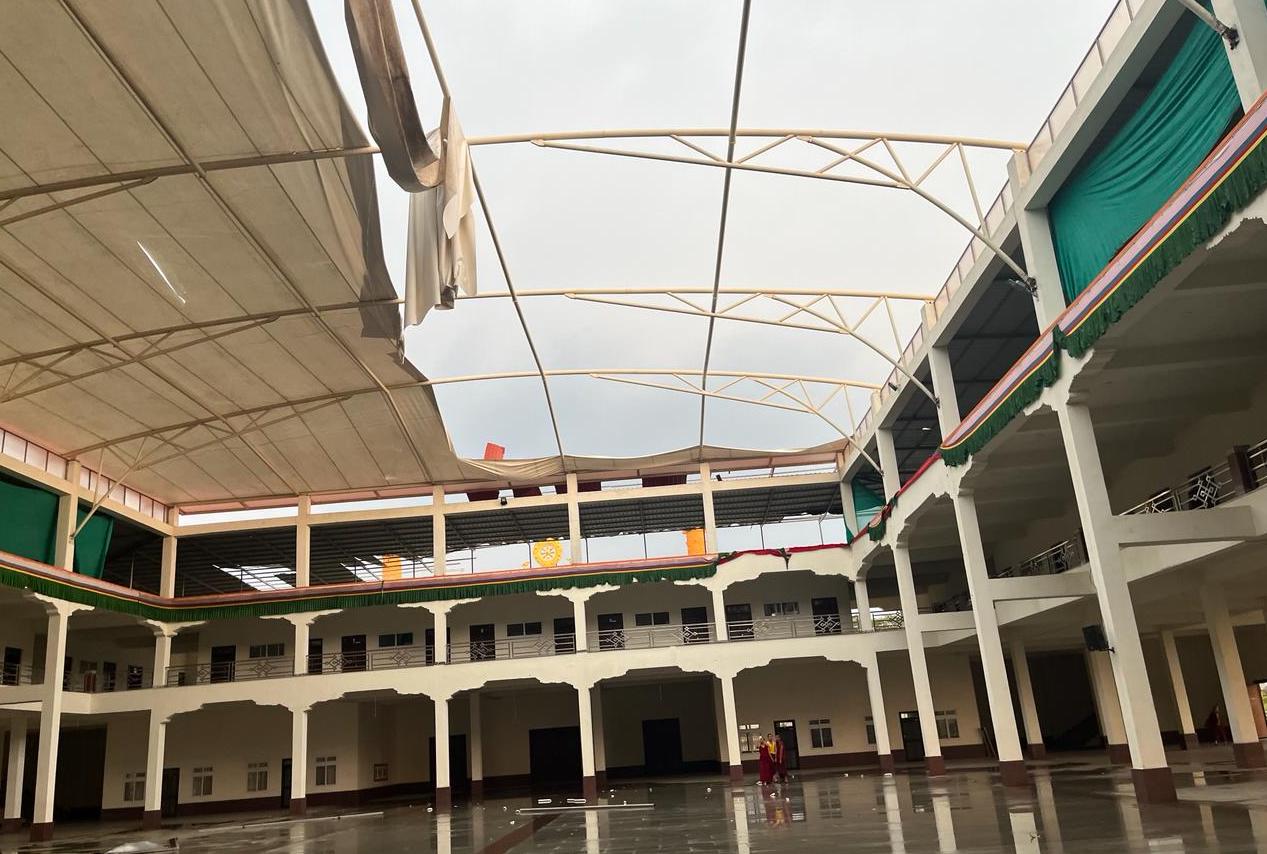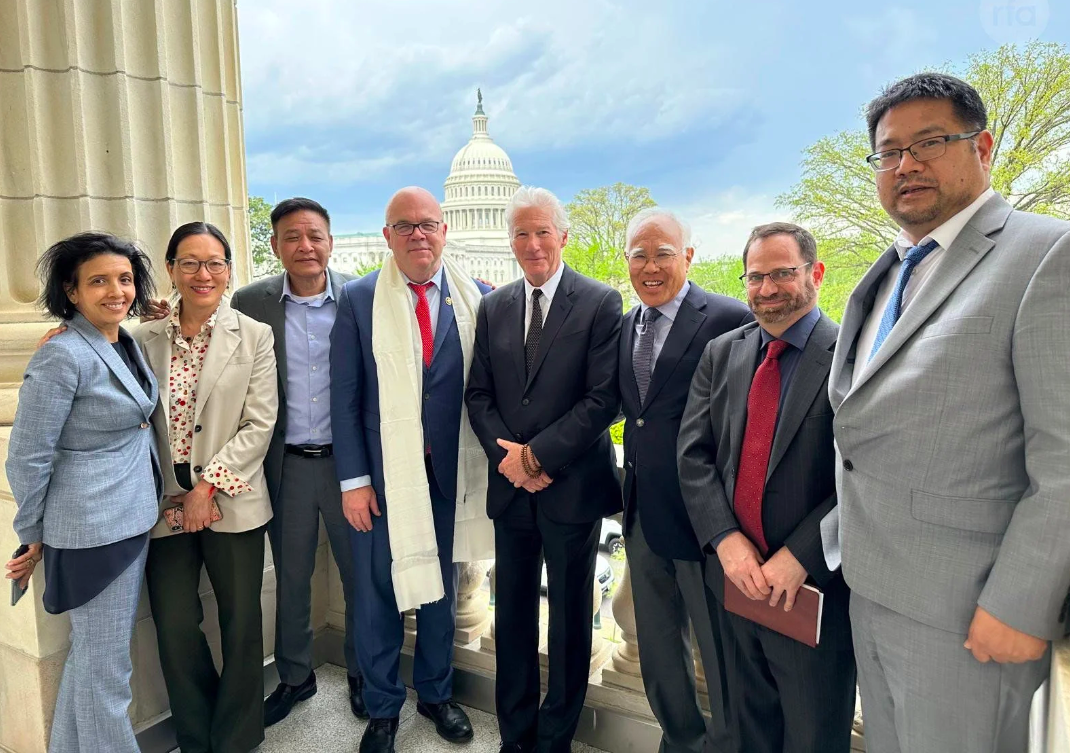By Choekyi Lhamo
DHARAMSHALA, May 15: Chinese authorities in Tibet have already convicted at least 51 Tibetans through a national anti-crime campaign, Human Rights Watch (HRW) said Friday. The government adopted a nationwide “anti-gang crime” campaign in 2018 to suppress drug and gambling related crimes, however, it has been used to sentence 51 Tibetans up to 9 years in prison for “peacefully petitioning or protesting issues related to religion, environmental protection, land rights, and official corruption.”
The campaign is also known as “The Sweep Away Gangs, Root Out Evil Special Struggle” that considers any “spokespersons of the masses” on environmental protection or the promotion of Tibetan language, folk traditions, culture to be classified as a form of gang-crime. Taking part in local dispute mediation by non-officials is also banned, a traditional civil function conducted by lamas or other locally respected figures in Tibet.
The political objectives were evident in the official document starting the campaign in the Tibet Autonomous Region (TAR) in 2018. The directive stated that activities that “undermine local-level general elections” or actions that involved a group of individuals “stirring up trouble in land acquisition, leases, demolitions, engineering projects, and the like” were to be considered a form of gang crime.
“The anti-gang crime campaign has singled out Tibetans for their opinions and normal social activities and treats them as criminals,” Richardson said. “Chinese authorities should end these abusive prosecutions and free all those wrongfully detained.”
On December 6 last year, 9 Tibetans in Gabde county, Golok prefecture, Qinghai province were sentenced up to 7 years in prison, according to Free Tibet, a London based advocacy group. In May 2019, 21 Tibetan villagers in Nangchen County, Yushu prefecture, Qinghai province were sentenced up to 6 years in prison under the anti-gang crime. They were allegedly “mobilizing the support of a group of villagers to establish an environmental protection committee” and “creating hurdles for government policy [by] not accepting environmental conservation compensation.” In April last year, 9 Tibetans in Rebkong county, Malho prefecture, Qinghai province were sentenced from 3 to 7 years in prison for having “created an illegal organization.” They had petitioned against the local government’s seizure of their community land.
A Tibetan official from Lhasa told Human Rights Watch in December that “there are 217 political prisoners in TAR Prison No. 1 [at Nyethang township in Chushul county, near Lhasa], and they are all people from Lhasa, or the nearby counties under Lhasa Municipality, arrested in the past few years. People are continually being arrested for political reasons.” Authorities in TAR and other Tibetan areas have stated that Tibetan party members guilty of disloyalty such as sympathizing with the Dalai Lama or supporting autonomy for Tibet are also targets of the anti-gang crime campaign.











One Response
This is simple and plain dastardly attack on Tibetans and their free speech and actions. I fail to understand why China thinks it could oppress peoples of different regions for ever in the name of national security.